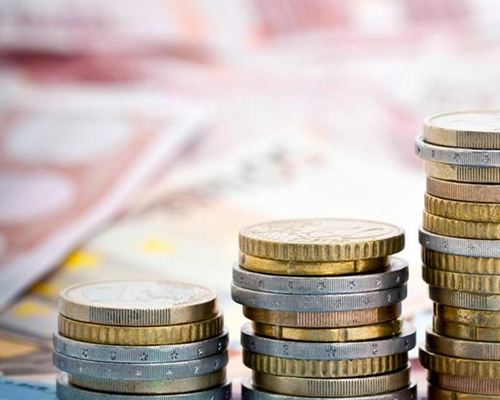PG Department of Economics

The M.A. Economics (MAE) program is designed to give students a quantitative approach to economics with the flexibility to tailor the degree to fit their future goals. It offers comprehensive instruction in a wide range of areas within the discipline, including computational economics, economic analysis, and financial economics. Graduates of the program are adept in applied research and financial analysis, highly competitive on the finance sector job market, and ready for top Ph.D. programs.
The master’s program is designed to combine theoretical rigor in core areas of economics with exceptional flexibility in course requirements to encourage students to explore their academic interests. In addition to master’s-level courses, students frequently enroll in many doctoral level courses in economics, and in courses from other departments, including Political Science, Public Policy, Finance, Statistics, and Mathematics. The curriculum is intended to be completed in four semesters.
Subjects
| Sem I | Sem II |
| Micro Economics | Micro Economics |
| Macro Economics | Macro Economics |
| Agriculture Economics | Agricultural Developement & Policy |
| labour Market | Industrial Relations in India |
| Sem III | Sem IV |
| International Trade : Theory and Policy | Industrial economics |
| Economics of AgriculturalProduction and Rural Markets | Project |
| Economics Of Labour Markets | International Finance |
Teaching Staff

Asst. Proff. Manisha Kakade
MA (Economics),SET,PhD,MPhil

Asst. Proff. Meena Mulik
MA (Economics)

Asst Proff. Yogesh Mali
MA (Economics)
Course Outcome
After Completing the Postgraduate degree in Economics, students are able to
- To impart in depth knowledge to students about economic theory regarding utilization and allocation of resources including labour, natural resources and capital.
- To develop students understanding about how market for goods and services function and how income is generated and distributed.
- To give students in depth knowledge into special fields of choice like agricultural economics, industrial economics, financial market, development economics, international trade, urban economics econometrics, mathematical economics etc.
- To make students familiar with economic theories and their relevance, econometrics, quantitative techniques and applied research in a wide variety of fields within economics.
- Students would know how the economy is influenced by economic policy, technological advances and demographic conditions
